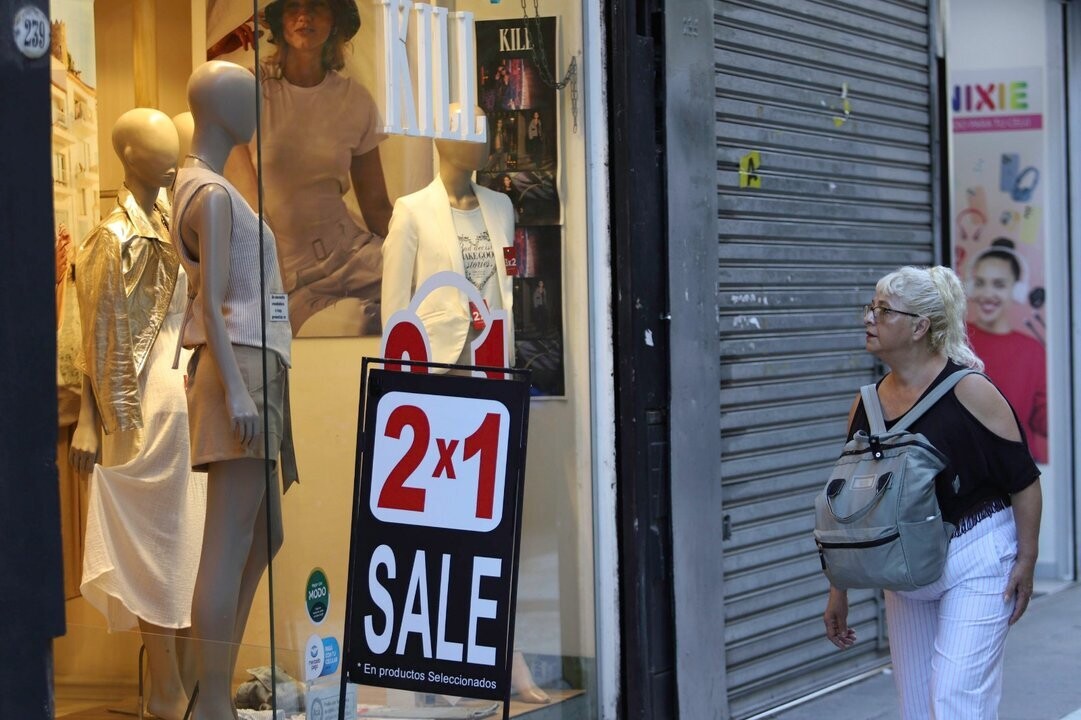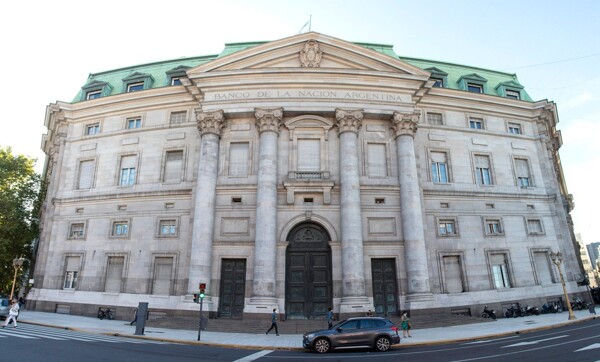
Mass consumption in Argentina has significantly decreased, with a drop of 3.8% in January 2024 compared to the same month last year. In supermarkets, this decline has been even more pronounced, reaching 8.3% at the national level. If this trend continues and the drop exceeds 5%, it would mean that sales in supermarkets would have decreased by almost 15% in real terms over the last two years.
"Supermarket sales fell again in January, confirming an increasingly deeper crisis," sector sources mention. Official data to be published by the consulting firm Scentia is expected to confirm this negative trend in the coming days. The comparison with December 2024 revealed a seasonally adjusted drop of 0.5%, indicating a persistent negative trend in consumption.
Meanwhile, retail sales in small and medium-sized enterprises (SMEs) showed a year-on-year rebound of 25.5% in January, according to the Argentine Confederation of Medium Enterprises (CAME). Despite this increase, sales are still 10.2% below the level registered in January 2023. Even those whose salaries managed to match inflation have less purchasing power due to the impact of the economic situation on Argentine households.
Despite the currency appreciation, spending in dollars with credit cards reached a historic high of US$864 million in January. Expenditures on essential services such as utilities, rents, and prepaid plans continue to rise above the Consumer Price Index (CPI), which reduces the purchasing power of Argentine households. Inflation measured by INDEC has shown signs of deceleration, but still, households continue to struggle to regain their purchasing power.














